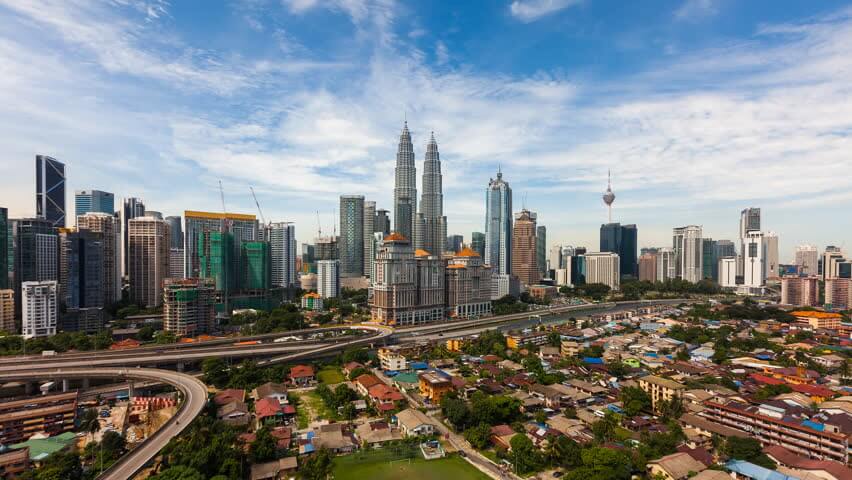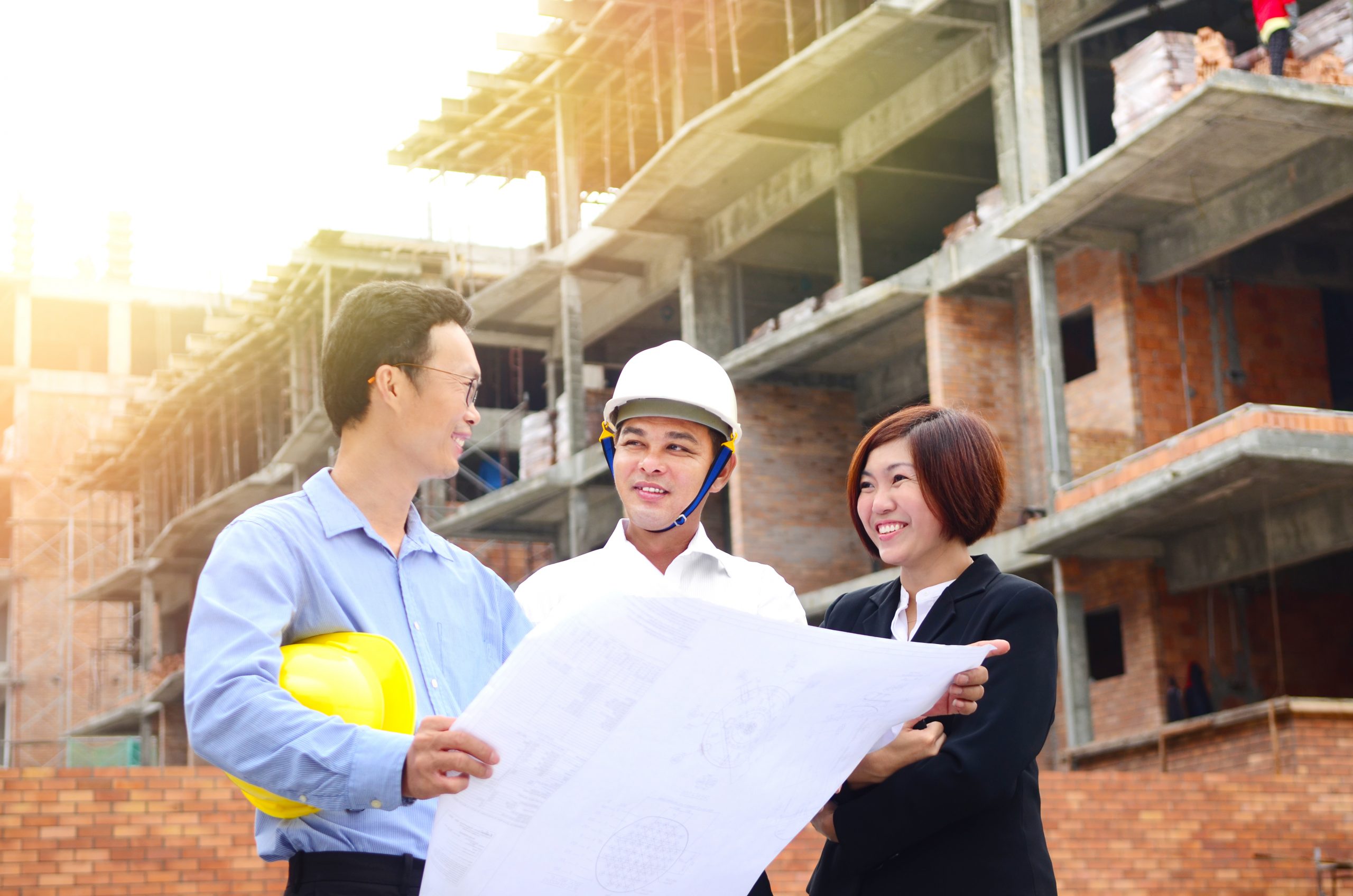The Dynamic Role of Developers in Malaysia
The development industry in Malaysia is experiencing significant changes due to the increasing urbanization rate and expansion. Developers from the construction, real estate as well as technology have a significant role to play in the shaping of Malaysia’s infrastructure as well as the digital environment. They are an integral part of the development of Malaysia, driving technological advancements to meet commercial and residential requirements. As Malaysia is continuing to establish itself as a progressive and high-income country and the efforts of developers are essential than ever to transform the urban and technological landscape.
When it comes to real estate, developers have played integral in transforming Malaysian cities. The urban centers of Kuala Lumpur, Penang, and Johor Bahru have seen extensive developments, which include the construction of high-rise homes commercial hubs, as well as mixed-use projects. These developments not only provide for the population growth however they also draw foreign investors and boost the local economic activity. Government policies that encourage as well as incentives for the real estate industry are further accelerating development, leading to new design concepts and environmentally sustainable construction techniques. It has created a lively urban landscape reflecting the aspirations of Malaysia’s modernization efforts and economic prosperity.
The construction sector in Malaysia enhances the work by real estate investors in strengthening the nation’s infrastructure. The major infrastructure projects, including bridges, highways, and public transport networks, can be crucial in improving connectivity and stimulating economic activities. In this field, developers are involved in large-scale construction projects that demand meticulous planning, a significant expenditure, and sophisticated technology strategies. The notable projects, such as projects like the Mass Rapid Transit (MRT) as well as the East Coast Rail Link (ECRL) demonstrate the transformational impact of the construction industry. These initiatives do not just improve mobility in cities, but they also encourage regional growth, resulting in the development of a more efficient and integrated national infrastructure.

Apartment in kuala lumpur have made significant contributions to the development of Malaysia. The growth of digital economics has prompted the creation of new technology and software solutions in diverse sectors. Malaysian technology developers are on the forefront of developing software and platforms to enhance the efficiency of business, healthcare services as well as educational tools and financial services. Initiatives by the government like Malaysia’s Digital Economy Blueprint will help to improve Malaysia’s status as a hub for technology in the region. In fostering an ideal environment for both established and new tech firms as well, Malaysia is nurturing a active ecosystem that promotes technology-driven innovation and entrepreneurialism.
The importance of education and training is one of the primary elements in the continued growth of the development sector in Malaysia. Technical and academic institutions as well as universities in Malaysia provide specialized courses in architecture, engineering as well as information technology and computing sciences. These institutions work with stakeholders from the industry to ensure the curriculum is relevant and match current demands of the marketplace. Furthermore, professional development programs and accreditations allow the developers to be up-to-date on developments within their field. With the investment in continuing education and training, Malaysia is building a strong talent pool which will help drive the next generation of innovations and development initiatives.
Despite this progress, the developers are still struggling to develop their projects. Malaysia are facing a variety of issues that need strategic solutions. Costs of building labour and materials, in conjunction complicated regulatory requirements, may influence the timeframes for projects as well as the feasibility. In addition, the necessity to adopt sustainable methods is growing more prominent and putting more emphasis on the environmental aspect. Developers need to address these concerns through implementing innovative methods for construction using technology to improve effectiveness, and working closely with regulatory agencies. By addressing these challenges in a timely manner, they can ensure that projects for development remain a positive force in the Malaysian economy and society.
The development future for developers in Malaysia promises to be bright, and there are many possibilities to be found. With the ongoing growth of urban areas, along with the state’s emphasis on digital and infrastructure will continue to increase need for development projects. The adoption of sustainable and environmentally friendly construction practices is essential since awareness of the environmental issues grows. Builders who can innovate and adjust to new trend will be better placed to be at the forefront of market. In the years ahead, as Malaysia is striving to be an advanced, high-income country, the work of developers will be integral to shaping its economy, cities as well as the technological environment. Developers’ contributions are crucial for achieving Malaysia’s goal of a sustainable and prosperous future.
